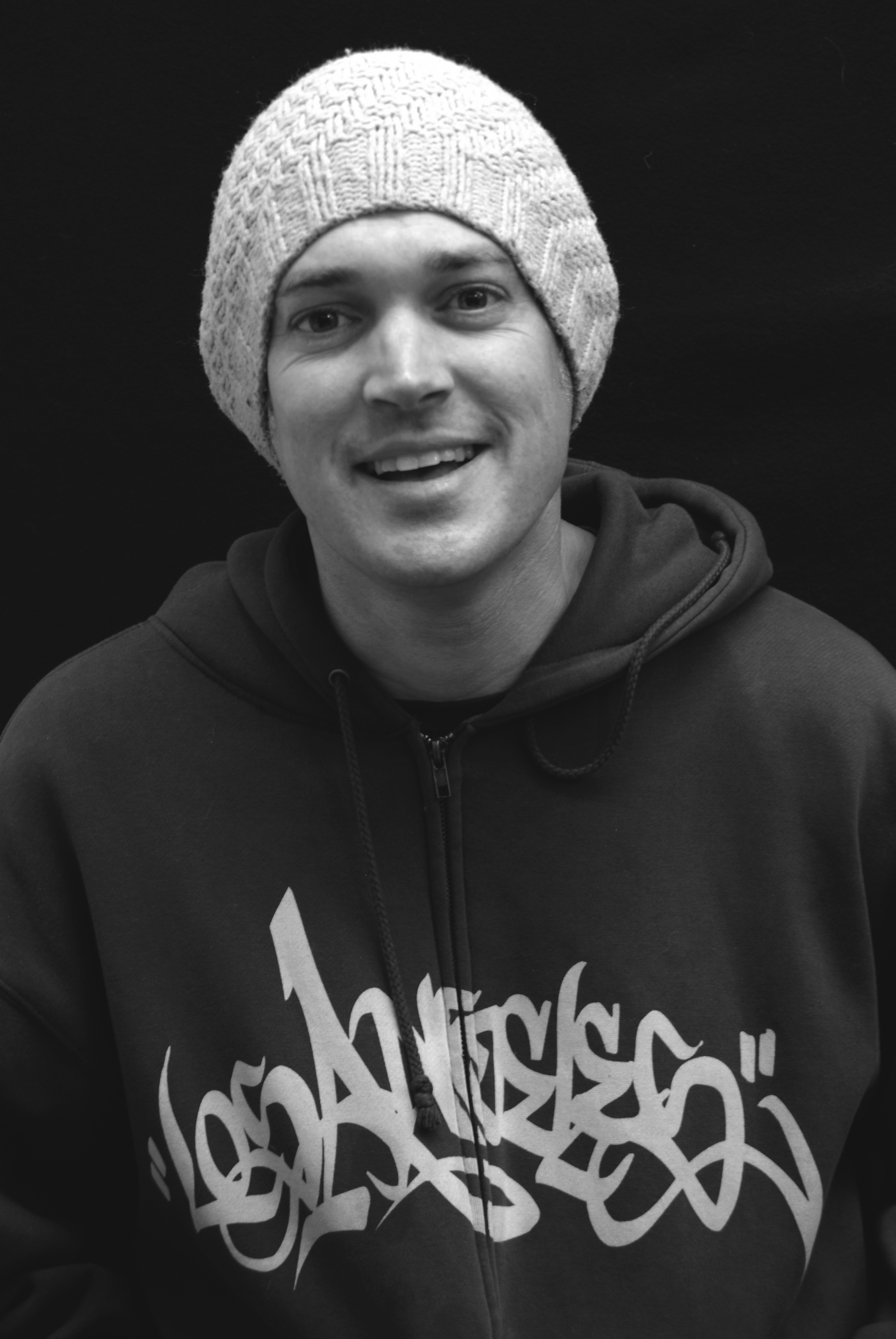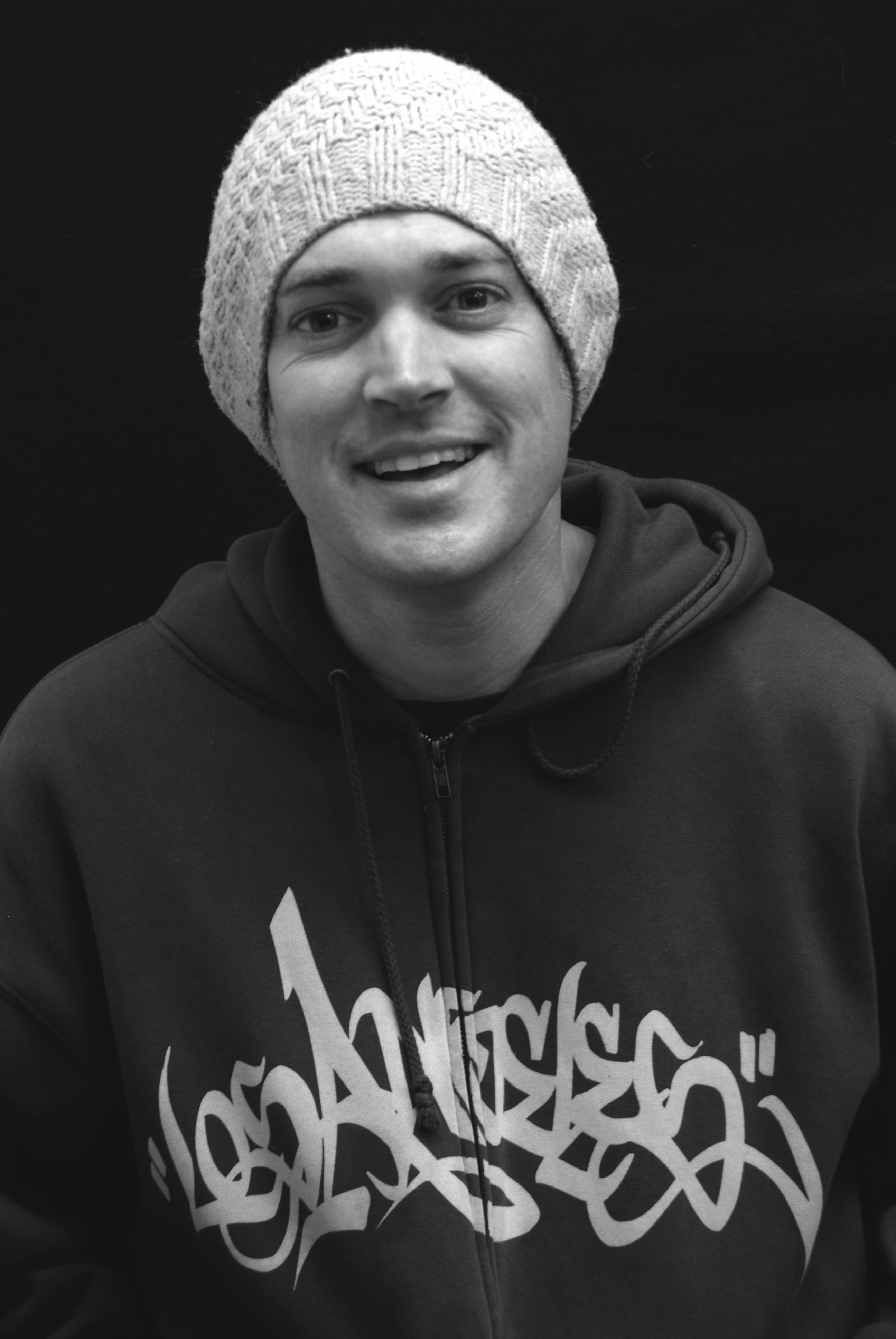Poets & Ampersands

For nearly a century, the ampersand has been a key feature of certain strands of American poetry. To understand its history in the genre—and the role it plays for contemporary poets—one must return to the character’s origins.
Jump to navigation Skip to content

For nearly a century, the ampersand has been a key feature of certain strands of American poetry. To understand its history in the genre—and the role it plays for contemporary poets—one must return to the character’s origins.
After making a name for itself in independent-press circles with its stylish, smart books of fiction, children’s literature, and food writing, the fourteen-year-old San Francisco–based outfit McSweeney’s is starting its first poetry imprint.
P&W-supported spoken word artist Mike Sonksen, author of I am Alive in Los Angeles, blogs about City Lights authors.
City Lights Publishing just released David Meltzer's new book When I Was a Poet. The work opens with the title piece, a reflection on a lifetime of poetry. Packed with pathos, precise syllables, and cacophonic crests, Meltzer's work has been described as "Bop Kabbalah." Thurston Moore says, "Enlightened by jazz, psyche/folk energy, the trees outside the academy, and a woozy sex drive, David's enchantment with dream/mystery/beauty make him a musician's poet."
 Meltzer's lines maintain haiku density throughout the work. In "California Dreamin" Meltzer riffs on his Bohemian days in the Golden State, celebrating Anita O'Day, Lord Buckley, Miles Davis, Coltrane, the Troubadour, and Hollywood Boulevard.
Meltzer's lines maintain haiku density throughout the work. In "California Dreamin" Meltzer riffs on his Bohemian days in the Golden State, celebrating Anita O'Day, Lord Buckley, Miles Davis, Coltrane, the Troubadour, and Hollywood Boulevard.
City Lights also recently released a new book by Surrealist poet Will Alexander titled Compression & Purity. Los Angeles born, Alexander emerged from Watts in the 70s and has gradually emerged into one of the most avant-garde poets. I heard Alexander read at Beyond Baroque this past September. His thermonuclear images and electric vocabulary transmitted in the black box theater with such intensity that I bought two books.
Ry Cooder's Los Angeles Stories, a collection of eight short stories, was also published by City Lights. The first of City Light's new "Noir" series, this collection of fiction exists in the old gritty Los Angeles of the 40s and 50s. Cooder's characters inhabit lost landscapes like Chavez Ravine, the Pacific Electric Streetcar, Bunker Hill, and Historic Filipinotown. Cooder captures the colloquial: "Sit down, take a load off, try some pork fried rice. Dig it and pick up on it, it happened like this."
The characters emit warmth similar to Fante's Arturo Bandini. There are unsolved murders a la Raymond Chandler or James M. Cain. Filipino poet Carlos Bulosan makes a cameo. Aficionados of Los Angeles letters will recognize Cooder's influences. Fortunately his synthesis is well-crafted. Cooder, a Los Angeles native, loves untold stories like the San Patricios or Chavez Ravine. Considering his many groundbreaking musical albums on such subjects, it's no surprise his first book upholds the same level of verisimilitude.
Photo: Mike Sonksen. Credit: Chris Felver.
Major support for Readings/Workshops events in California is provided by The James Irvine Foundation. Additional support comes from the Friends of Poets & Writers.
Write a poem that is an elegy for something or someone you've had to let go of this year.
During a recent appearance on the PBS NewsHour, National Book Award-winning poet Mark Doty spoke about one of the great traditions of the holiday season: Handel's "Messiah."
Clamor (UW Bothell literary & art journal)
Essay Press (EP/MFA Book Prize, offers editorial assistantships)
The Harriet Beecher Stowe Center in Hartford, Connecticut, is looking for works of poetry and prose from collegiate writers whose literary work advances social justice, in the spirit of Stowe's activism through storytelling.
Accepting all types of previously-published writing, from poems to stories to blog posts, the inaugural Student Stowe Prize competition will award twenty-five hundred dollars to a current college or university student.
The winning work will also be republished on the Stowe Center website, and the writer will be recognized at a ceremony on June 7, 2012, alongside a secondary school student whose writing also strives to make "a tangible impact on a social justice issue critical to contemporary society." Eligible works may touch on questions of, for instance, race, class, or gender equality, and must have appeared in a notable periodical or blog.
Student writers may submit entries, which should be accompanied by three references, until February 27. For complete guidelines, visit the Stowe Center website.
P&W-supported spoken-word artist Mike Sonksen, author of I am Alive in Los Angeles, blogs about the L.A. poetry scene.
I was at Beyond Baroque in October to witness a book release party for Wanda Coleman. Promoted as her last public reading for an indefinite amount of time, it was worth the congested drive to Venice on a Friday night to see her live. The World Falls Away is her second book published by University of Pittsburgh Press.
She is more blunt than ever, writing, "There is no poison I have not swallowed." Coleman reflects on her childhood in L.A., two marriages, and the loss of her son. Douglas Kearney says, "Wanda Coleman's hard-edged new collection interrogates death's nearsightedness. Mother outlives son. Feet wear out before the heart. And the truth teller dies before truth frees her. These poems don't go gently."
 Her sharp poetics always hit with musicality, which is a great fit for the Pitt Poetry Series. The series dates back to 1967 and is dedicated to publishing progressive poetry. Wanda's forty-plus years of work places here among the greatest poets ever to come out of L.A.
Her sharp poetics always hit with musicality, which is a great fit for the Pitt Poetry Series. The series dates back to 1967 and is dedicated to publishing progressive poetry. Wanda's forty-plus years of work places here among the greatest poets ever to come out of L.A.
Wanda Coleman is one of the major writers covered in Bill Mohr's new book Hold Outs: The Los Angeles Poetry Renaissance 1948–1992, University of Iowa Press. Mohr's book is one of the first real treatments of the history of L.A. poetry. There have been many books on slices of L.A. poetry like Charles Bukowski, the Watts Writers Workshop, and the Venice Beats, but there's never been one book as expansive as this one.
Over a fifteen year period Mohr published a literary journal and several books through his imprint Momentum Press. Mohr's anecdotes about Wanda Coleman, Leland Hickman, Ron Koertge, Gerald Locklin, and Suzanne Lummis bring the Carter and Reagan era alive. His book captures the ethos of the small press movement. Mohr describes the lively circuit of independent bookstores and small press publishers, cataloging the Southern California scene from the Venice Beats to the beginnings of the spoken-word movement.
Photo: Mike Sonksen. Credit: Chris Felver.
Major support for Readings/Workshops events in California is provided by The James Irvine Foundation. Additional support comes from the Friends of Poets & Writers.
Write a poem in the style and voice of a personals or classifieds ad. Read C.D. Wright’s “Personals” for inspiration.
The Montreal Poetry Prize, an international award established this year by a new nonprofit in Canada, was given last night to a poet from Australia. Mark Tredinnick of Sydney received the prize, an unprecedented fifty-thousand-dollars for a single poem, for "Walking Underwater."
"This is a bold, big-thinking poem," said judge and former U.K. poet laureate Andrew Motion, "in which ancient themes—especially the theme of our human relationship with landscape—are recast and rekindled."
Tredinnick's poem was among fifty shortlisted for the prize (including one other piece written by him), all of which will appear in an anthology published by Montreal-based Véhicule Press. The longlisted poems were published in an e-book, which the prize organization is offering for free on its website.
Another of the shortlisted poets received an unanticipated award, the publication of her work as a broadside designed by U.S. artist Eric Fischl. A limited edition of "The Grasshoppers' Silence" by Canadian poet Linda Rogers will be released in 2012, and proceeds from sales of the signed broadside will go to fund future awards and efforts of the Montreal International Poetry Prize nonprofit.
In the video below, Rogers reads the title poem, itself artfully rendered as a broadside, from her book Muscle Memory (Ekstasis Editions, 2009).